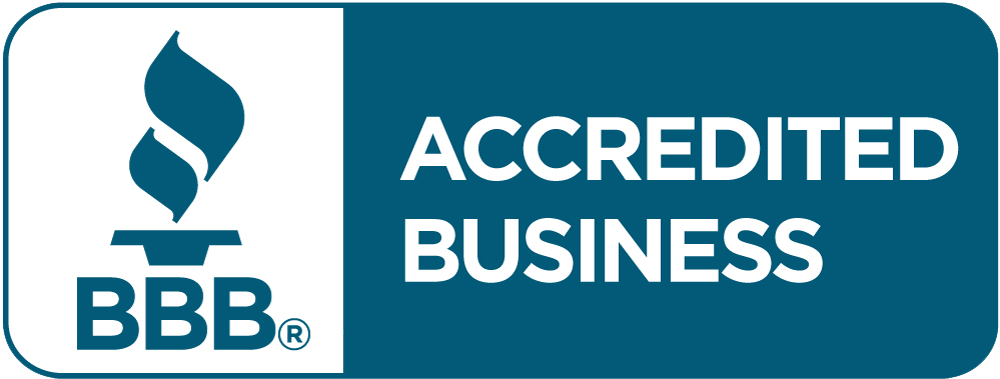The Importance of Accountability During Addiction Recovery
Written By admin on
Many people abuse addictive substances to cope with or avoid traumatic events and troubles, so once you’ve found yourself at the mercy of that addiction, it can be challenging to get yourself back out. The first step toward recovery, however, is taking responsibility. Let’s take a look at the importance of accountability during addiction recovery.
The Avoidance of Accountability
Typically, drug and alcohol abusers struggle to accept responsibility for their addiction and actions. They’ll blame their actions and behavior on the substance and use it as a way to get out of situations that make them uneasy and uncomfortable. Because many of them started abusing trying to solve some sort of problem in their lives, they’ll try to justify their usage or excuse it as something that is out of their control. To fully recover, abusers need to admit their faults and face their own behaviors directly.
Effects of Avoiding Accountability
When abusers refuse to commit to accountability, they will often deny or hide their past usage, downplay the consequences of their addiction, or blame other people or events whenever they relapse. This kind of avoidance can push an abuser further into their addiction, potentially even adding a new substance addiction to try and “replace” the addiction they’re attempting to control.
Ways To Exercise Accountability
So we’ve established the importance of accountability during addiction recovery, but how does one commit to accepting accountability when it is such a difficult feat? Here are a few practices and methods of support that may help you get through such a difficult period:
- Support Groups – You’re never alone. We understand the difficulty of addiction, and support and therapy groups—whether one-on-one or group sessions—are good ways to make sure you’re not going through this alone.
- Routine Testing – To stop yourself from cheating, you might consider committing to a regular routine of drug tests, such as a urine drug test or ETG hair alcohol test, to keep you honest and accountable. Knowing that someone will know if you relapse is a good motivator.
- Coping Strategies – Throughout the therapy process, you will learn and develop new methods for coping that are much healthier for your emotional care. These methods will give you a wider range of solutions and options so that you don’t feel that your only option for stress relief or self-soothing is to turn to substance abuse.




